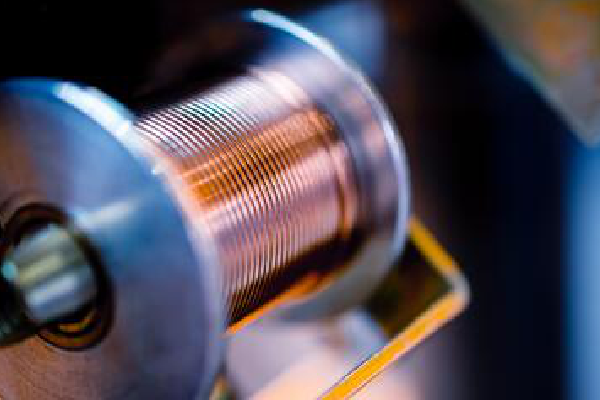While aluminium can also be used for everything electrical, copper has the upper hand for several reasons.
For starters, aluminium has lower conductivity than copper and is also more prone to oxidation. The aluminium oxide that forms on the surface is not conductive like copper oxide, which means it can slow the flow of electricity. To combat this oxidation, aluminium needs anti-oxidant cream to flow smoothly.
When you’re comparing aluminium to copper electrical connectors, you also need to consider safety issues. Aluminium expands and contracts as it heats and cools, so aluminium wiring can loosen over time—which makes it a major fire hazard.
While these safety issues can be mitigated, it’ll require special considerations. These could include unique fixtures that complement the aluminium wiring, Arc Fault Interrupters, and “pig-tailing” copper wire for the ends of aluminium wires. Copper wiring, on the other hand, is much safer to use, and requires fewer precautions.
These traits make copper a much better material for electrical wiring in tight spaces. Between the flexibility, the resistance to heat expansion, and the overall safety considerations of the metal, it’s simply a better choice.

